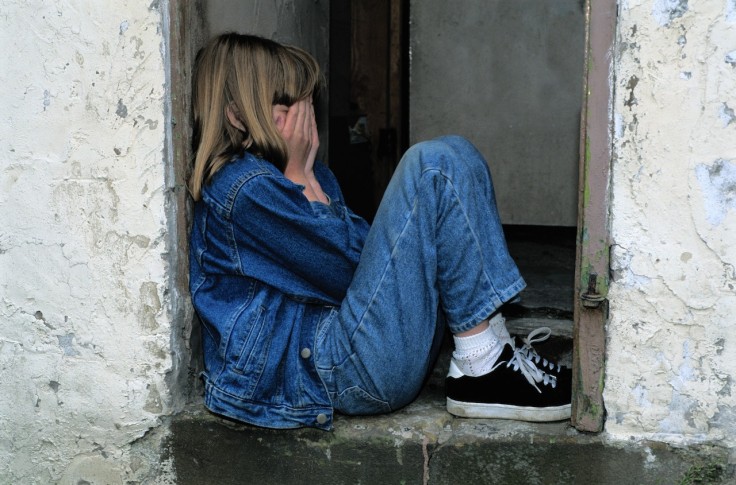
A mother learned how kids grieved because of a death of a family dog and realized that the way children navigate through loss and mourning can teach adults a lot about grief both big and small.
Erin Walsh, M.A., mother, educator on topics related to raising resilient children in the digital age, co-founder of Spark & Stitch Institute, Parenting for Courage and Connection, narrated how a few years ago their family's 13-year-old husky, Jasper, passed away. As a beloved family member, everybody mourned and felt the sadness.
As she was grieving, she was also watching "another powerful thing unfold," and this was the grieving of her eight and five-year-old kids that has shed a light on how children feel and handle sadness and grief and what adults, especially parents like her can learn from it.
Learnings from a grieving 8-year-old boy
In an article she wrote for Psychology Today, Walsh shared the important and precious things she has learned as she witnessed how her two boys grieved.
Her eight-year-old son gave her the following insights:
1. Crying is brave, so allow me to cry.
Society has spoken for a long time that children should be brave and not cry. Worst, it has dictated that boys do not cry, but these norms especially "Big boys don't cry" eventually hurt and bring a negative impact on the child and the person he/she is becoming. A study showed that though all genders can express emotions as babies, boys tend to get the vulnerability socialized out of them." Parents should now allow this since learning and knowing how to identify, experience, and handle emotions is one of childhood's central and vital tasks.
Parents should allow their children to have a good cry, and much more important, they should tell their children not to apologize for crying. Their tears can teach them things that parents and the world cannot.
2. Let me know that I can feel two or three feelings all at once.
Children have the thought that they only have one room for emotion at a time. Remind them that it is natural to be sad about a loss and yet be excited or joyful about something else. Make sure to normalize and be open about having multiple feelings at once. Parents should remember that grieving is a mess, so let your children experience all those emotions.
3. Let me have a break.
Unlike adults, kids can be sad and sobbing in one minute and then can be playing and giggling shortly after. Parents should provide a safe place for their children to move in and out of their intense feeling. "Engaging in grief in short bursts can help children handle it," Walsh said.
Learnings from a grieving five-year-old boy
Here are what she learned from her younger son.
1. Just because I am not crying doesn't mean I am less or not upset.
Walsh narrated that when they told their five-year-old that Jasper is dying, he did not react with tears in his eyes. There was no sadness felt at all if one would watch him. He even went rolling on the couch, asking if he can watch TV, and yet after five minutes, he hit his brother.
Parents should understand that kids and teens can express their sadness and grief in different ways. Children may appear not to be affected but all the while they are expressing their sadness or emotions through anger, defiance, avoidance, or even violence, letting them know that mom and dad are here to process all these emotions with them.
2. Speak to me clearly, directly, and gently, please.
Adults would sometimes think that it is better to avoid talking about death or other harsh stuff to younger kids. Or, they opt to use coded language instead like saying, "He is now sleeping forever," instead of directly saying, "He is already dead or gone." Parents should know that coded language can confuse kids, especially when they are trying to process and make sense of what is truly happening. It is okay to use direct and clear words when talking to younger ones, just make sure there is gentleness and love in the way things are being said, as explained by the American Academy of Pediatrics.
3. Invite me to do something.
Her youngest son's initial reaction to the sad news might be disengaging but the things he did after were reflections of how much he loved Jasper. He really took the time and effort to decorate the dog's memorial. This just goes to show that kids who have difficulty expressing their emotions in words, can express them and funnel their energy into doing something creative or participating in a group activity. So, invite the kids to do something because this can be soothing for them and can be of great help with their healing.